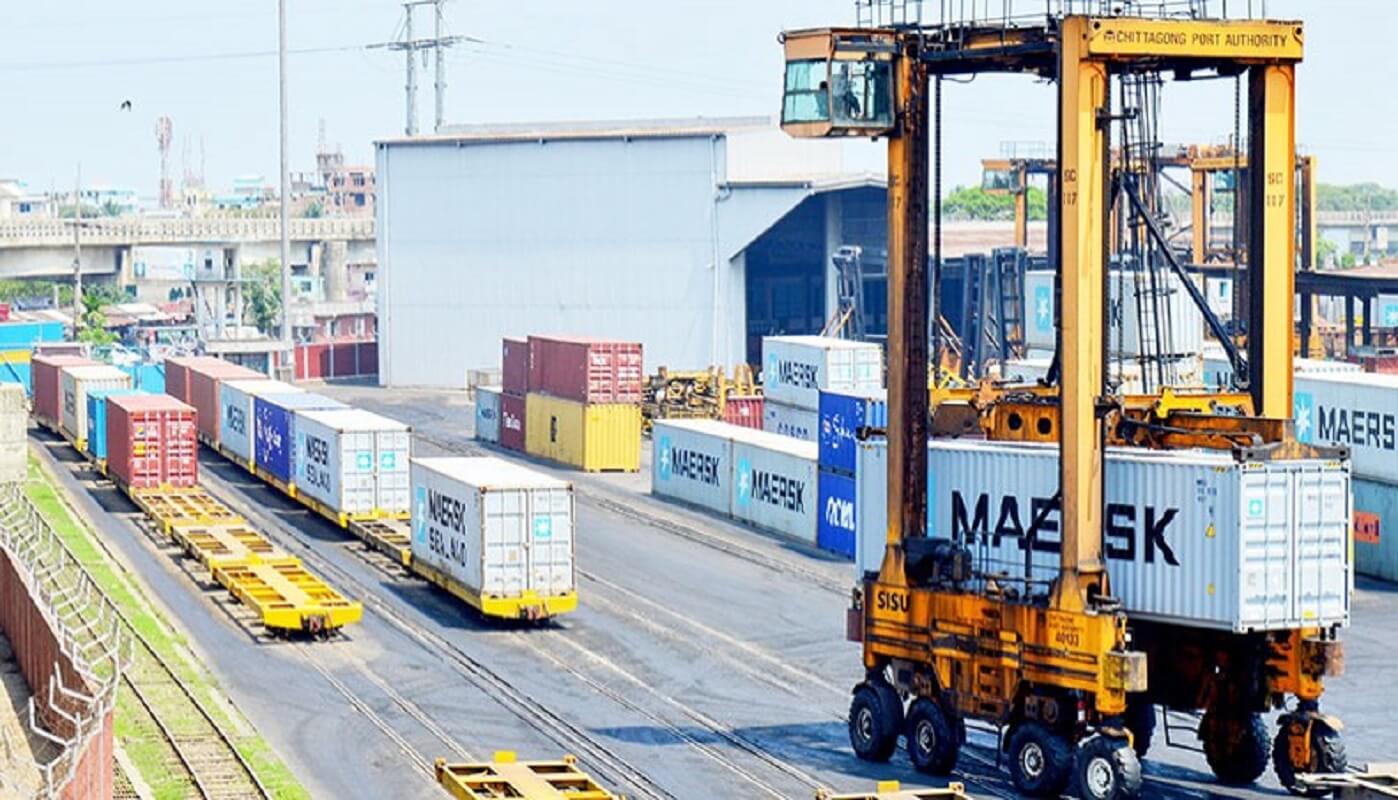Global Supply and Bangladesh
Mahtab Uddin Chowdhury | 19 September 2022
WHETHER man-made or natural, any global crisis heavily impacts the world’s supply chain management system. Not much time has passed since we experienced one of perhaps the most devastating crises of the 21st century — the Covid outbreak. It posed a significant threat to the economic cycle of the world order as the global supply of essential products was interrupted. Border closures by nation states temporarily stopped the exchange of raw and finished materials. Such interruption of global supply led to a tremendous economic loss.
In the post-pandemic era, specifically the start of 2022, has shown a prospect for international institutions to turn around and recover from the shock of the Covid outbreak. As multilateralism was restored, nation-states began to initiate fiscal policies to stabilise the unstable economy. However, even before this restoring phase could be adequately realised, a new crisis had already emerged. The ongoing conflict between Russia and Ukraine, and it has once again exacerbated the supply problem on a global scale.
According to the report, based on Dun & Bradstreet data, at least 374,000 businesses worldwide depend on Russian suppliers, while at least 241,000 businesses across the world rely on Ukrainian suppliers. As stated in Forbes magazine, ‘If the pandemic crippled the global supply chain, the war in Ukraine knocked it to its knees.’ The war generally destroys natural resources and creates enormous barriers to the market. This general tendency is manifested in the aftermath of the Russia-Ukraine war when commodity and oil prices saw an increase, global economic activities slowed down and inflation rate increased. Reportedly, the war reduced global GDP by about 1.5 per cent and led to a rise in global inflation of about 1.3 per cent.
Bangladesh’s post-pandemic economic recovery programme even before gaining momentum is at risk because of the Russia-Ukraine war. In terms of oil production, Russia ranks third in the world; hence high oil prices are hurting the entire economy. Bangladesh, an oil-importing nation, is already under strain from hefty import duties. Additionally, given that Russia is a significant market for Bangladesh’s ready-made garment products, global sanctions on Russia imply that Bangladesh’s trade with Russia will be impacted. In the last July–February, the revenue from exporting clothing to Russia was $482.23 million, or $60.15 on an average per month, but the revenue fell to $27.05 million in March–May 2022.
Furthermore, the high import dependency of Bangladesh has created a serious economic stagnation. Since Bangladesh primarily imports wheat from the Black Sea region, the price of wheat flour sharply increased. The government raised diesel prices by approximately 23 per cent in November 2021, which is already reflected in the high cost of transport and other necessities. Additionally, there has been a significant increase in the price of soybean oil.
All these things are causing the country’s inflation rate to be high, approximately 7.42 in May which is the highest in the last eight years. Let’s not forget the foreign debt that Bangladesh needs to pay back. At the end of fiscal 2020–21, Bangladesh’s external debt was $60.15 billion. However, the underlying concern is that, according to prominent economist Debapriya Bhattacharya, although Bangladesh’s external debt status is now in the green, it may move into the yellow zone by 2024–25.
Under this circumstances, Bangladesh is in dire need of taking some bold and dynamic steps to stabilise the economy. Bangladesh should look for alternative sources of importing goods. It’s essential to avoid being overly dependent on any one location or nation for specific products. In this context, the government of Bangladesh initiated some talks with Canada and some other countries.
The government has initiated these dialogue particularly after India stopped exporting its supply of wheat to Bangladesh. Similarly, Bangladesh needs to diversify its agricultural production to reduce import dependency. More research should be facilitated to encourage innovative approaches in this sector, particularly focusing on regularly imported products such as wheat, corn, and oilseed.
When it comes to talking about a better supply chain system, port management plays a vital role in Bangladesh or elsewhere. Based on a report by the World Bank and S&P Global Market Intelligence, the Chattogram port has been ranked as Asia’s least efficient trade hub for handling containers. Considering the low ranking, the government should focus more on improving the efficiency of the port management so that quick tracking and a better supply of goods can be ensured.
It will help to cut the price of the imported products. In the end, the consumers will be able to buy imported goods at a relatively lower price. However, a number of actions should be taken to speed up the export orientation system. To increase its export market, the government must seek out more external stakeholders with the assistance of the private sector.
Stabilisation of the market requires a proper and transparent monitoring system. The government must improve its mobile court functioning system. The capacity of this entity should be strengthened while ensuring transparency and accountability. Overall, unnecessary projects with higher expenditure must be curtailed immediately.
With the consultation of the central bank, the government needs to carefully investigate the use of foreign currency as dollar shortages have become a significant concern. Even if the war soon comes to an end, the current supply chain crisis might continue to haunt the nation’s economy for a long time. The government must therefore respond straight away with all of its capacities.
Mahtab Uddin Chowdhury is a research assistant at the Centre for Governance Studies.
This article was originally published on Daily Asian Age.
Views in this article are author’s own and do not necessarily reflect CGS policy.
